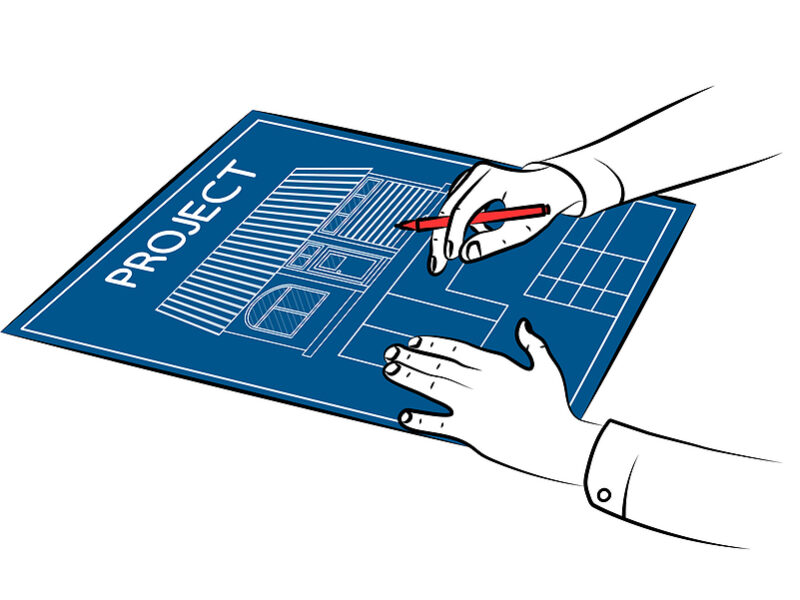What came first? The chicken or the egg?
So many people have reached out and shared their amazing ideas for books with me. They have told me about everything from health and wellness to comics or cookbooks. But they’ve made the rookie mistake of writing a book without a proposal, believing a proposal can be easily constructed on the back end of writing a manuscript. No matter the concept or focus, a book proposal is the first step to bringing a book to life.
What is a book proposal?
A book proposal is a prepared document that casts the vision of your book. It clarifies:
- who you are as an author
- who your reader is
- why your reader needs your book
- how you, as the author, are going to meet the need the reader is feeling.
The proposal outlines the concept of your book, along with all of the important details a publisher (or you, if you are self-publishing) will need. Some of the details include the estimated date of manuscript completion, approximate word count, and type of book (Bible study, workbook, etc.). Other specifications introduce your author platform, your bio, and your unique qualifications or certifications.
Lastly, a book proposal comprises your total outline of the book, including a table of contents, individual chapter summaries, and sample chapters. It also contains a list of comparable titles–books that are similar in nature to yours.
I never begin writing a book before completing the process of concept development and writing a full book proposal. If you wanted to build a new home, you wouldn’t start without a blueprint.
This tool will also be the means with which you attempt to attract an agent, editor, or publisher. Depending on where you are in the process of developing a concept or assembling your thoughts, a proposal can take anywhere from three weeks to three months to compose. And it is integral to take your time and complete this task well. A poor proposal will end up in the ye-old-slush-pile in a flash if it is hastily made or feels disjointed.
So, once your concept is well developed, polish the daylights out of your proposal and your pitch. Just remember, hitting the “submit” button is a small act of surrender and worship to the Lord. If you know you’ve done the work, pray that He will do the rest.



 Worst-Case Scenario Survival Guide for Authors
Worst-Case Scenario Survival Guide for Authors

Today I am too ill for verse,
but still, I’ll have a try
(might be a way to rehearse
the inevitable goodbye).
I have never planned ahead
in anything I’d write;
I just let things flow, instead,
and lead me through the night
of the arcs of shooting stars,
character and plot,
with shining orbs, Venus and Mars
to tell me readers can’t be bought,
but must be by love beguiled,
a thing unfettered, bright and wild.
Hi Megan:
Welcome to the Laube Agency! I really appreciate what you said about the proposal. Some colleagues and I just got a proposal and outline for our upcoming book together and the publisher said how impressed she was by what we had to say. Now we just have to write the book! Having a roadmap in place is making that possible. Thanks for sharing your thoughts.
Hi Megan,
You shared great advice in a concise manner. Thank you!
Hi Megan!
Do agents and publishers allow “change orders” once the book writing progresses? I wrote an outline for my first Young Adult Christian novel, however at times the characters galloped off in a wild direction. That added unpredictability and depth.
Is there a process for enabling creative wings?
You gave great information in a short, clear way.
I accidently hit unsubscribe, Help put it back please.
It seemed so important to say something on this day.
The 8th.Today is actually the 28 th.
20 days after this date. I did not read it on time
because my husband died earlier that morning.
You are basically one of my constants in a day.
I would like you to fix my wanting to keep you;
Please fix my subscription, Many things make
computer hard to not drag a finger and this
time hit the bad box. I was late reading on the
28 of June. There I told you why. Thank you.